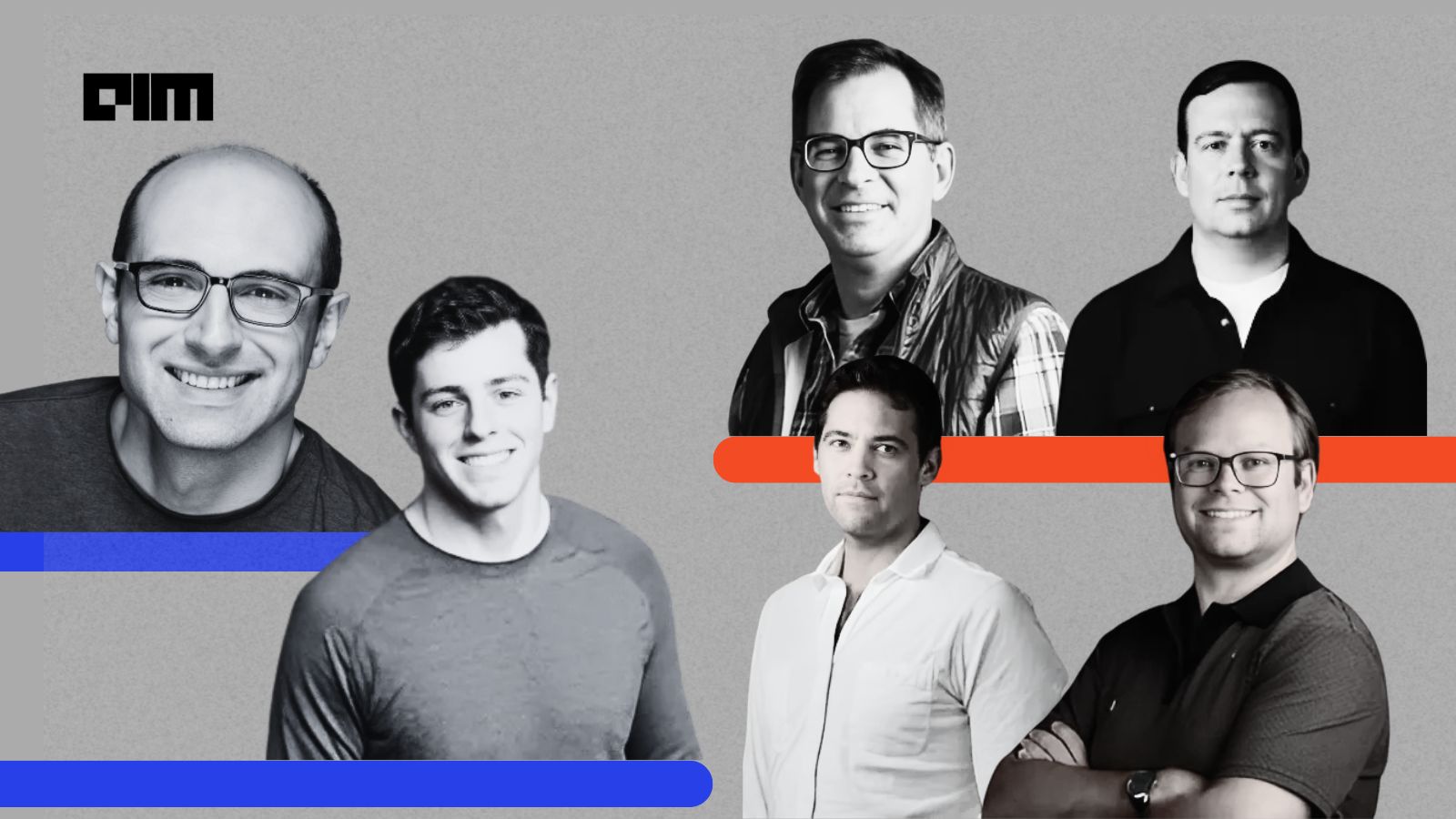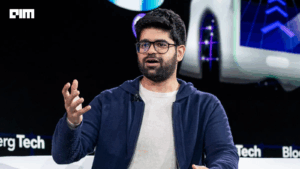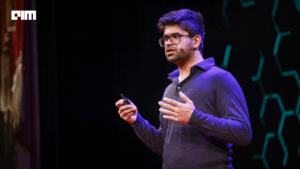CoreWeave has acquired OpenPipe, a Y Combinator-backed startup founded in 2023. The deal brings OpenPipe’s reinforcement learning toolkit into CoreWeave’s growing platform for model development.
OpenPipe will operate inside CoreWeave. Its team and customers are moving to the acquiring company. CoreWeave executives said the purchase expands the company’s work in agent training, an area of increasing importance for advanced model development
Who’s Behind the Companies
OpenPipe was founded by Kyle Corbitt and David Corbitt. Kyle Corbitt has worked as Chief Executive since the company’s launch. Before starting OpenPipe, he worked as a developer and in product roles at YC. His brother David was involved in early engineering efforts. Together they built the company around an open-source toolkit called Agent Reinforcement Trainer.
CoreWeave was founded in 2017 by Michael Intrator, Brian Venturo, Brannin McBee and Peter Salanki. Intrator serves as Chief Executive. Venturo is Chief Strategy Officer. McBee is Chief Business Officer. Salanki has held engineering leadership roles. The founders built the company to provide GPU-focused cloud infrastructure. CoreWeave went public in March 2025 under ticker CRWV.
In the press release announcing the deal, Venturo said, “Reinforcement learning is becoming a central part of model training”. He noted that, “By combining OpenPipe’s tools with CoreWeave’s infrastructure, customers will gain a broader platform to build reliable applications”.
Kyle Corbitt added, “Our technology helps customers train highly reliable agents bridging the gap between prototype and production. Together with CoreWeave, we can expand that to more enterprises.”
No changes to CoreWeave’s executive leadership were announced. The company confirmed that the OpenPipe team will integrate into existing product and engineering groups.
Tools and Customers in Focus
OpenPipe’s main product is the Agent Reinforcement Trainer or ART. It is an open source toolkit that helps developers train and evaluate agents for reasoning and multi step tasks. ART became popular in 2024 among developers who wanted a lightweight system to test reinforcement learning with language models.
In March 2024 OpenPipe raised a 6.7 million dollar seed round. Investors included Costanoa Ventures, Y Combinator, Logan Kilpatrick of DeepMind, GitHub co-founder Tom Preston Werner and Alex Graveley who co created GitHub Copilot. The seed funding supported the development of ART and helped the company build a small customer base among early adopters.
Following the acquisition, OpenPipe customers are transferring to CoreWeave. The company said in its announcement that support will continue without interruption. CoreWeave will maintain the ART open source repository. It also plans to integrate parts of the technology with other tools acquired earlier in the year.
This acquisition follows CoreWeave’s purchase of Weights and Biases in March 2025. That company’s platform for experiment tracking and model management is widely used in machine learning workflows. With both Weights and Biases and OpenPipe now in its portfolio, CoreWeave is building a stack that spans infrastructure, workflow management, and reinforcement learning training.
For customers, this means CoreWeave is no longer only a provider of GPUs. It now offers a set of tools to build, train, and deploy advanced models in one place.
Growth and Market Position
CoreWeave has grown quickly since its founding. It built its reputation by offering access to GPUs during a period when demand outstripped supply. The company expanded its data centers and infrastructure footprint and in March 2025 completed an initial public offering. It also announced plans to acquire Core Scientific, a mining and infrastructure company, for 9 billion dollars. That transaction, if completed, would expand CoreWeave’s data center presence even further.
The OpenPipe deal adds another layer to CoreWeave’s strategy. Large cloud providers like Amazon, Microsoft, and Google have started to build reinforcement learning pipelines into their AI services. By acquiring OpenPipe, CoreWeave is offering a comparable feature set but within a platform optimized for GPU heavy workloads.
The market for reinforcement learning tools is still young. Most companies rely on supervised fine-tuning for model improvements. Reinforcement approaches are used in fewer production environments. Yet interest is increasing. Companies building autonomous agents, reasoning systems, or workflow assistants are experimenting with reinforcement-based training. By bringing OpenPipe inside, CoreWeave is placing itself in the middle of this small but growing segment.
Competitors in this space include startups building specialized reinforcement learning frameworks, as well as open source projects maintained by academic groups. Some of these focus on large-scale training, others on lightweight evaluation. OpenPipe’s ART positioned itself between those extremes with a focus on practical developer needs. That balance may have made it an attractive target for CoreWeave.
Weights and Biases and OpenPipe now sit alongside CoreWeave’s core cloud offering. This combination provides customers with a single vendor that offers compute infrastructure, experiment tracking, and reinforcement training. Few companies outside the largest cloud providers can make that claim.
Beyond Raw Compute
CoreWeave’s strategy is also notable given its scale. Unlike Amazon or Microsoft, CoreWeave focuses entirely on workloads linked to model training and inference. Its acquisitions extend that focus into adjacent software areas without moving into unrelated products. For investors and customers, the acquisitions show a move toward a complete development environment rather than only raw compute.
The terms of the OpenPipe acquisition remain undisclosed. Both companies have confirmed that the deal closed in September 2025. No layoffs were announced. The OpenPipe website has already been updated to direct users to CoreWeave.










